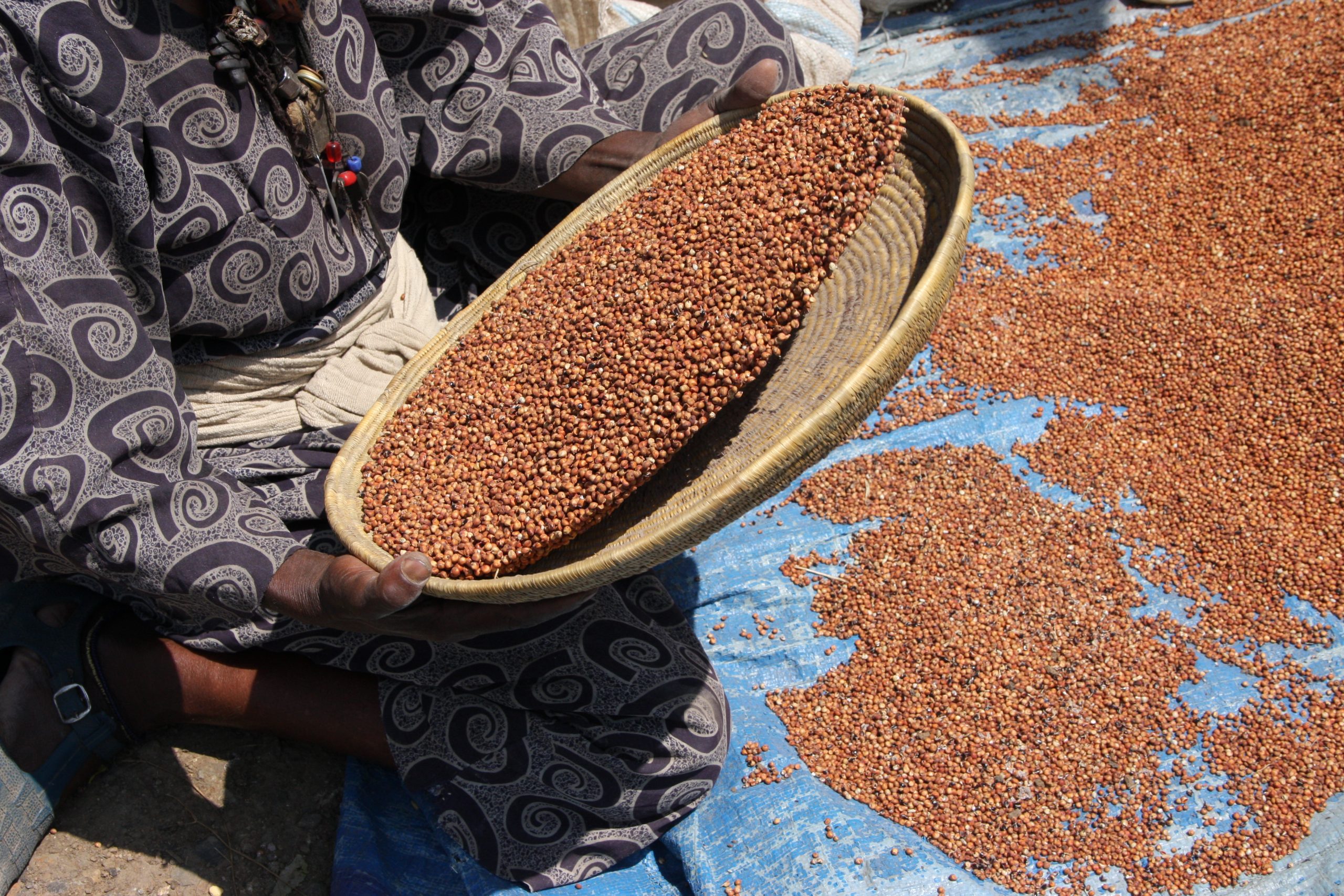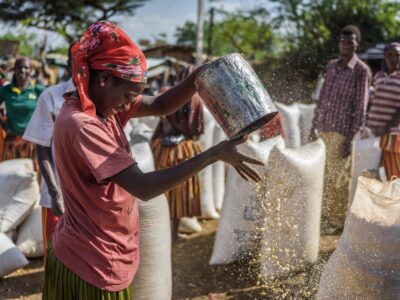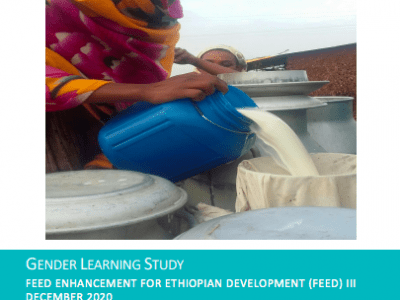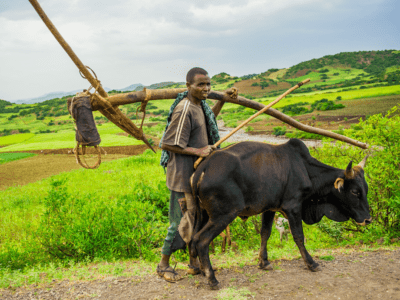
Ethiopian grain farmers are locked into a vicious poverty cycle driven by low productivity due to low-quality seed, manual cultivation, and small plot sizes. This vicious cycle is exacerbated by smallholders’ insufficient knowledge of where and how to obtain high-quality seed, a shortage of mechanization services, and a shortage of liquidity by individual smallholders to procure high-yielding seed and mechanization services.
Project Objectives
The principal objective of this project is to increase the incomes and resilience of Ethiopian smallholder wheat and maize farmers in four regional states of Amhara, Oromia, Tigray, and the previous Southern Nations, Nationalities, and People (SNNP) (which is now divided into 3 regions: SNNP, Sidama and SWR), prioritizing woredas in the Feed the Future Zone of Influence, by increasing smallholder yields and efficiency through the commercial provision of high yielding seeds and the use of agricultural mechanization services to optimize input productivity and minimize post-harvest losses.
Project Activities & Approaches
- Participatory Action Research, which includes assessment of demand and willingness to pay for mechanization services and improved seed access, mechanization service delivery models, determinants of smallholder willingness to consolidate plots for mechanized services and enabling environment and other constraints to expanded private seed supply
- Increasing supply of, demand for, and use of improved seed and equipment services
- Facilitating participation in agricultural fairs
- Supporting growth in equipment service delivery
- Mitigating risk of agricultural machinery financing and machinery services risks
- Supporting informal savings and lending activities
- Increasing women and youth participation in economic activities
The project is implemented with and co-funded by private sector partners John Deere, Hello Tractor, and Corteva.
Anticipated Project Results
- 223,800 farmers including 58,000 women will have access to improved seed and mechanization services
- Yield of maize and wheat will increase by 70 percent above baseline
- 201,420 individuals will apply improved management practices or technologies with USG assistance
- 104,415 hectares of land will be under improved management practices or technologies with USG assistance
- Sales of producers will increase by 70 percent above baseline
- Farmer income will increase 40 percent above baseline
- Post harvest losses will be reduced by 7 percent
Funder: USAID, Hello Tractor, John Deere, and Corteva
Related News

ACDI/VOCA to Lead the Feed the Future Ethiopia Alliance to Accelerate Agricultural Growth Activity
ACDI/VOCA is pleased to announce USAID has selected the organization to lead the Feed the Future Ethiopia Alliance to Accelerate …

Gender Learning Study: Ethiopia FEED III
Access the December 2020 Gender Learning Study from the Feed Enhancement for Ethiopian Development (FEED) III Activity here.






